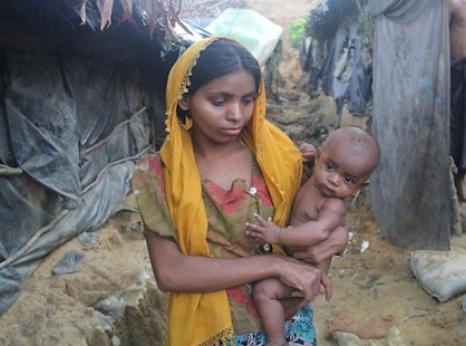FORCED PROSTITUTION AND SEX TRAFFICKING OF WOMEN AND GIRLS IN ROHINGYA REFUGEE CAMPS

After a campaign of violence, murder and sexual attack in Myanmar in 2017, Bangladesh has taken in almost a million Rohingya refugees, over 700,000 of whom still reside in refugee camps in the Country.
While the Government of Bangladesh has taken positive steps to support and protect the Rohingya, far more must be done. Amnesty International is also calling on the international community to support and work with the Bangladeshi authorities to develop the policy as part of their international cooperation and assistance to protect the Rohingya refugees.
Gender-Based Violence and Discrimination
Amnesty International interviewed 10 Rohingya women about gender-based violence and discrimination in the camps. Five of them said the frequency of violence against women had increased, particularly domestic violence during COVID-19, as more men are at home. Women said that their husbands, having lost the opportunity to work, put pressure on them to bring in money, and were violent towards them in the household. Four of the 10 women believed that discrimination and violence against women had been a constant factor in the camps irrespective of the pandemic.
Rohingya women in the camps shared accounts of human trafficking, sexual harassment and discrimination with Amnesty International. In some camps, community leaders decided not to allow women to go to work during the pandemic.
Women’s representation is highly disproportionate and discriminatory in community meetings in the camps where only one or two women would be invited along with 50 men, said a 29-year-old Rohingya woman from camp 1W.
“Rohingya women and children, who represent more than half of the refugees in Cox’s Bazar, are at risk of many forms of harassment and discrimination. The authorities and humanitarian agencies must ensure that all allegations of trafficking, sexual harassment and discrimination are investigated and that women are genuinely consulted about actions and decisions that affect them,” said David Griffiths.